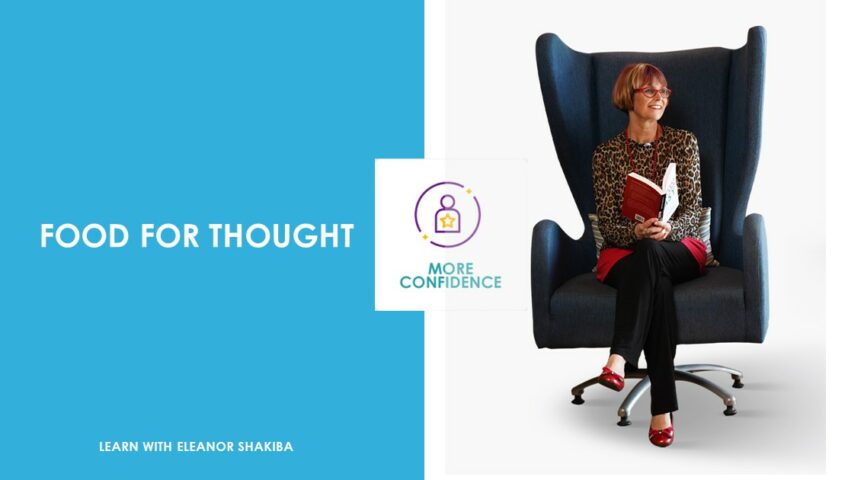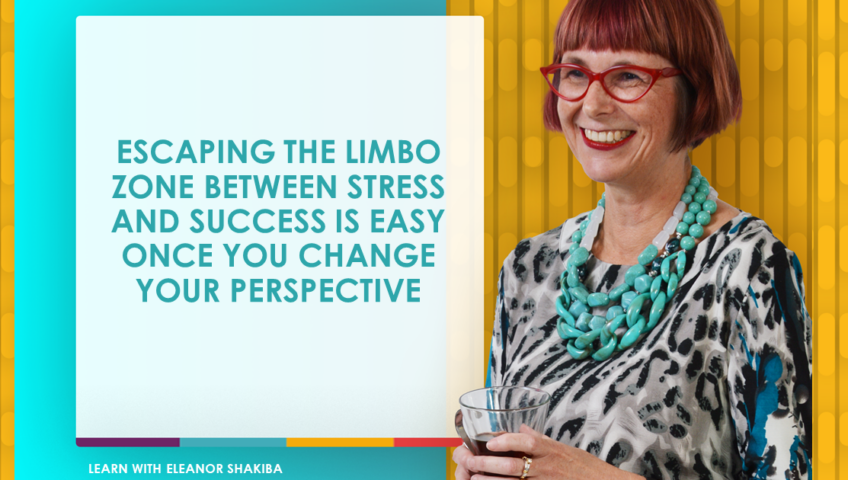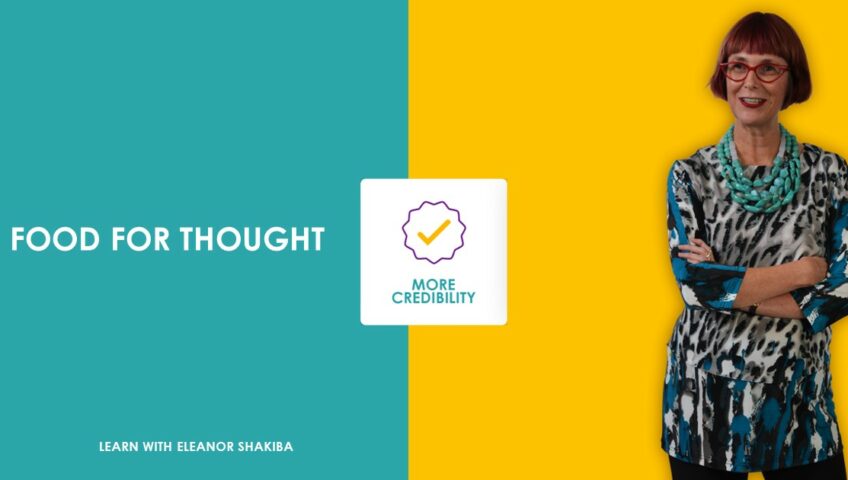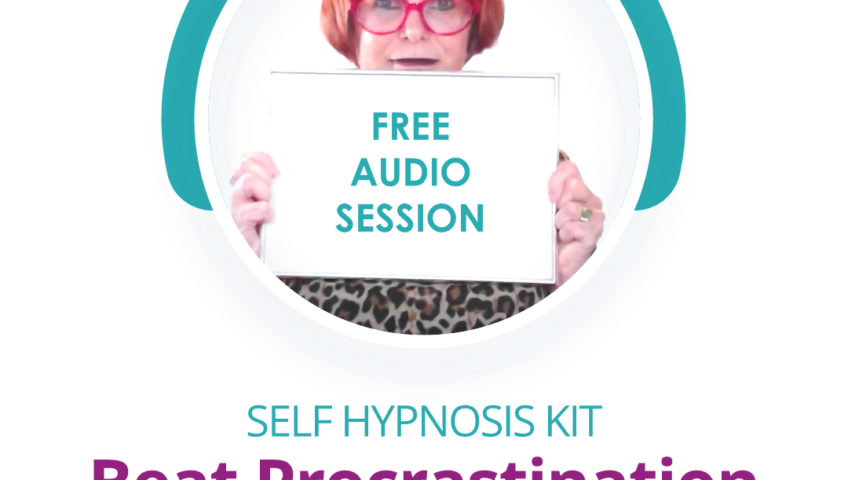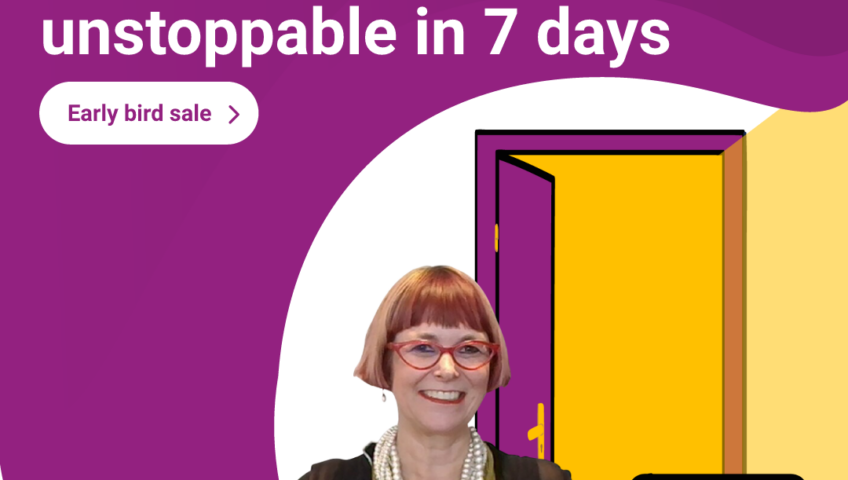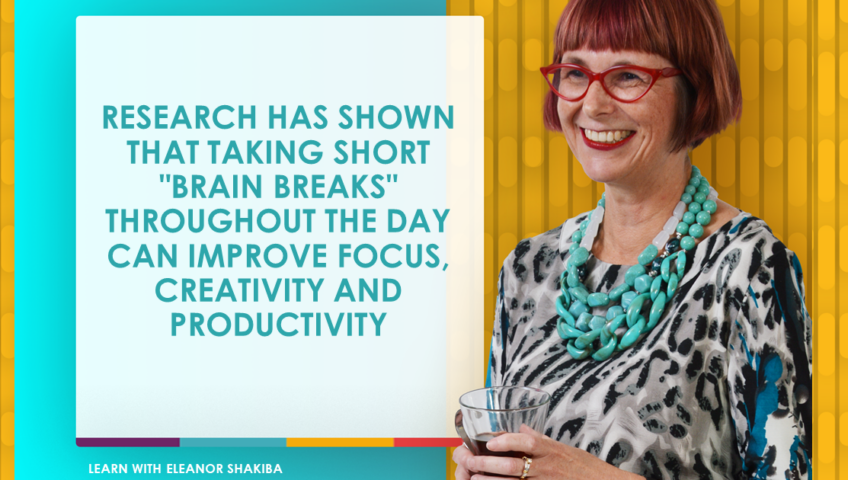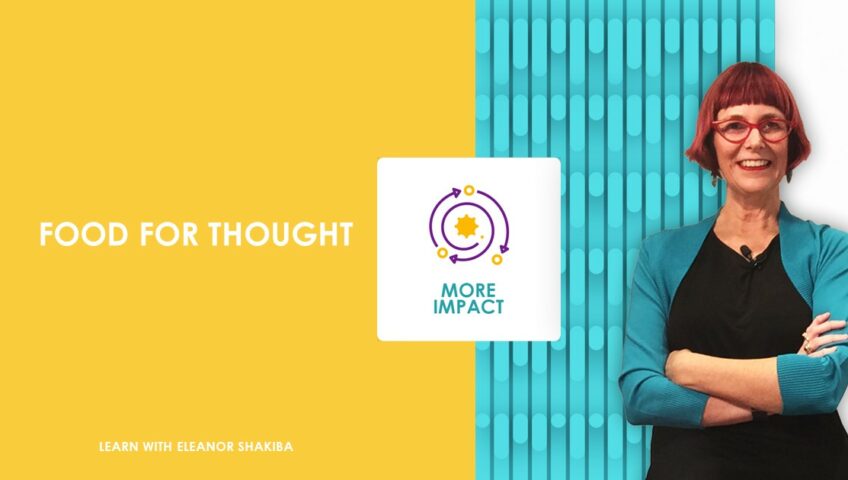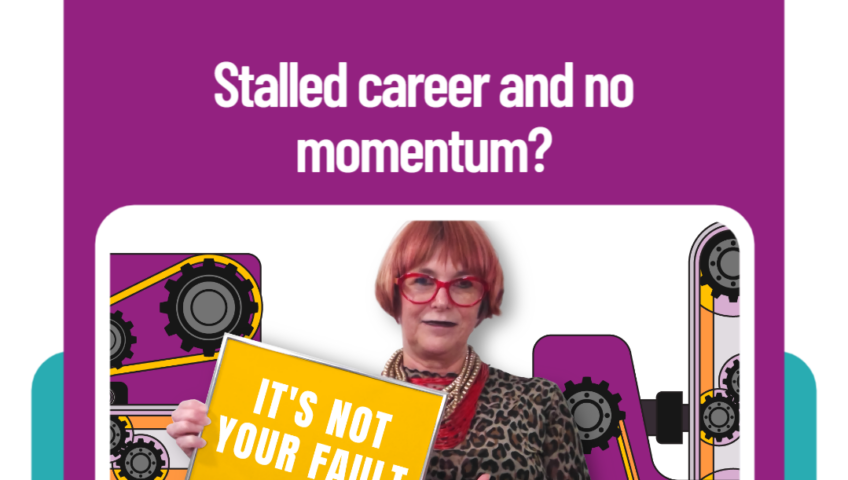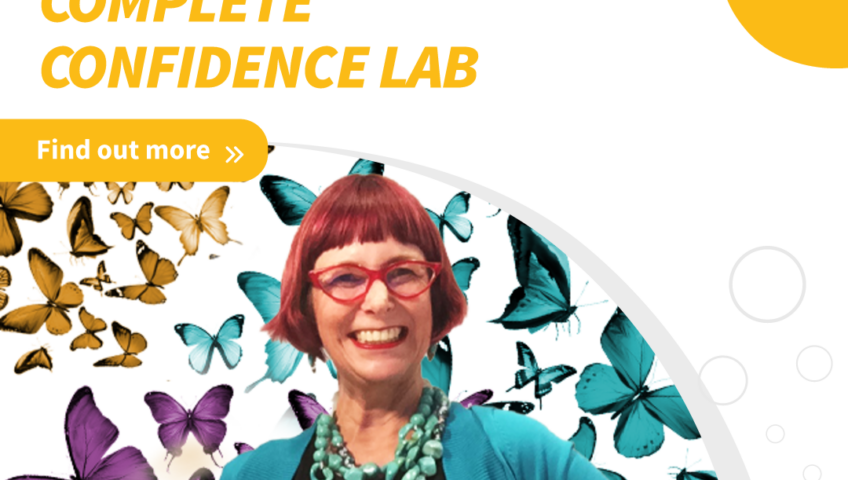I’ve always been fascinated by how vividly we remember some memories, while others fade away into oblivion. For example, I can still remember every detail of my first day at school – from the smell of chalk dust to the sound of pencils scratching on paper. Yet, I struggle to remember what I had for lunch yesterday.
It turns out I’m not that unusual. The human brain is wired to prioritise and recall some “episodic memories” more easily than other details. I recently came across a study in the Journal of Neuroscience that sheds light on why this happens.
It describes a study done by the French National Center for Scientific Research. The study showed that the hippocampus plays a crucial role in organising distinct moments of experience when people learn. For example, ‘time cells’ in the hippocampus fire when you’re learning a new task, creating a record of the time flow during the task. This helps you remember not just what happened, but also where and when it happened.
Free e-book and video tips.Get your copy today!
|
|
So, why are personal memories easier to recall? The study suggests that your brain prioritises the encoding of time and context. This is probably because it helps you create a coherent narrative of your life. By understanding how time cells work, researchers hope to unlock the secrets of memory formation and retrieval.
This study opens up new avenues for exploring memory and could have significant implications for memory-related disorders in the future. Plus, it just might have implications for trainers, teachers and educators. If you want to learn more about this research, you can find the source article here.
This article summary was created by Eleanor Shakiba
Eleanor is a leadership trainer, success coach and people skills expert. She helps managers and business owners build thriving teams and organisations, using tools from Positive Psychology. She's trained more than 60,000 people during her career as a corporate trainer and professional development consultant. Her mission is inspiring talented people to become leaders who make a difference.

